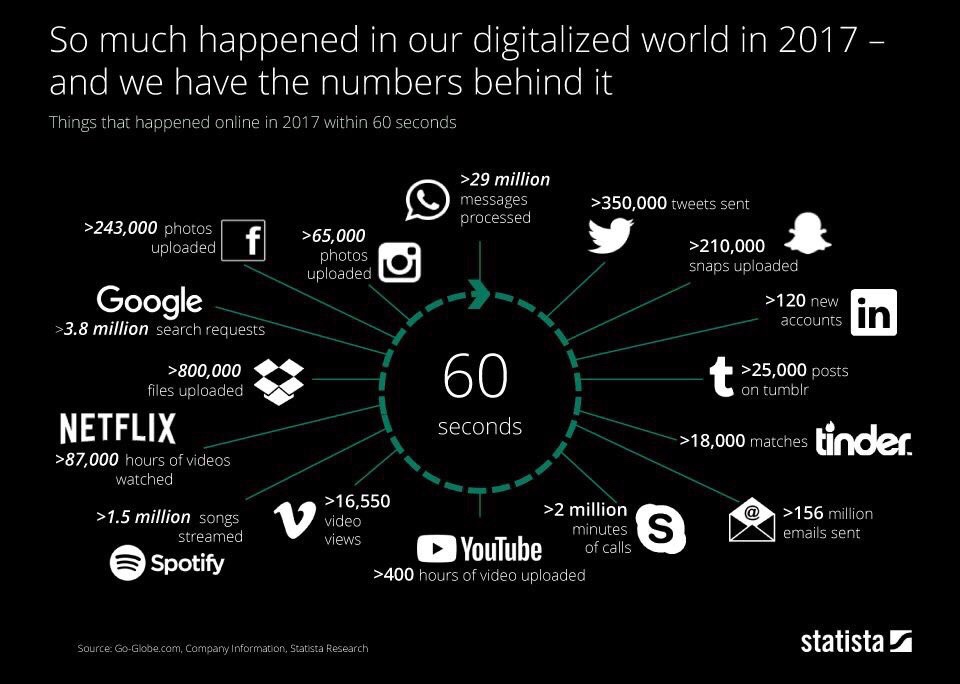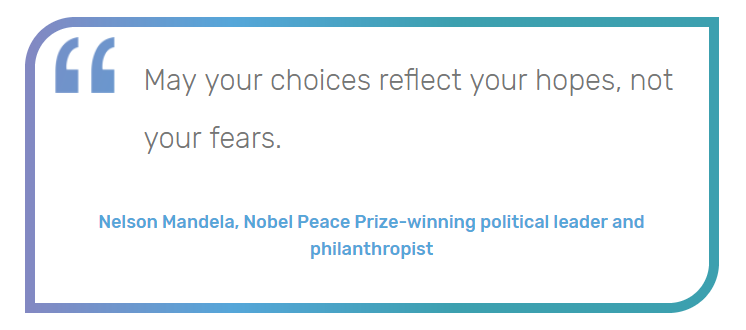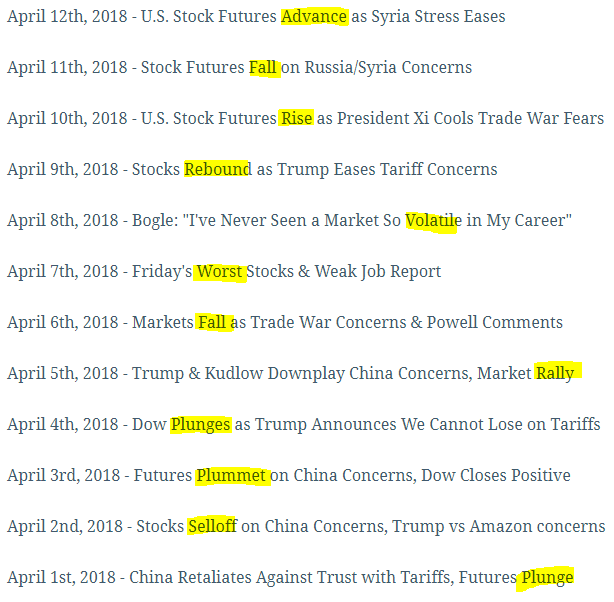This is kind of scary but it’s accurate.
Every 60 seconds, the following information happens:

So…to recap: every 60 seconds:
- 65,000 photos get uploaded into Instagram
- 350,000 tweets are sent
- 3,800,000 Google searches are run
- 156,000,000 e-mails are sent
With all this information going on at one time:
How are you supposed to focus on investing for the long term when the fire hose of media content is blasting you in the face?
Are you sure what you read on (name any website) is accurate and something you should act on?
How can you be sure what (name any news anchor) said on (name any TV channel) is something relevant to you?
These are honest questions to ask yourself. How are you honestly able to spare enough time to learn about investments, 401k plans, insurance, student loans, buying a car, buying a home, or any other personal finance topics?

It’s almost impossible to find the time when you are overloaded with hours of YouTube videos to watch, millions of Facebook and Instagram posts to read, and years of unless information to search on Google.
The best thing that technology has done for the world is provide us almost instant access to information. However, the worstthat technology has done for the world is provide us almost instant access to information.
In Scott Galloway’s book, The Four, he talks about the focus of major tech players in today’s economy and how they impact our lives.
- Google targets your brain and thirst for information
- Facebook targets your heart; your need for empathy and meaningful relationships
- Amazon targets your gut and hunter-gatherer instincts
- Apple targets your desire for luxury and status
Galloway explains in the book how each of these tech titans has breached into our daily lives and created almost an addiction to their products. We then spend countless hours throughout these various media properties and are overwhelmed with content.
The reason I bring up information overload is the fact that most people begin to question their investment plans and their stress levels skyrocket at the first sight of concerning news. Our brain tries to process what is going on but is inundated with too much content. Don’t worry, you cant escape it. Change the channel and there lies another info-graphic of how terrible the world is.
This was what everyone woke up to on Wednesday, April 4th. The stock market was down about 600 points and people were literally losing their minds. Queue the media screaming “Trade War.”
Now, fast forward to the market close and we see the following:
If you slept through the entire day you would have had no idea the volatility even happened. But media properties rely heavily on advertising revenue. To get advertising revenue, you need to have a lot of eyes watching your content. To get a lot of eyes watching your content, you need to have loud content, strong public figures, celebrities, or rely on scare tactics.
To further prove this, I have began to archive daily news headlines. I am tracking all of this under the “Noise” tab in the menu at the top of my website. My goal is to help highlight how periods of market volatility are a lot of times related to news. How you react and make decisions during these time periods will really dictate how well you stick to the plans set to reach your goals. After a few months, when the volatility has subsided, most people will totally have forgotten any of this actually happened. Here is a snapshot of this month:

Source: Random News Article Headlines from Multiple Media Sources
I would bet if you set a calendar reminder for December 2018, you probably will have forgotten that tariffs were an actual concern during the year.
Remove the stress from your investments by simply taking a breather from the media. When it comes to investing in the stock market, I would emphasize you focus on how business leaders (CEO’s, CFO’s, COO’s) are describing their outlook for the economy rather than hang every decision on what the news is telling you.
I would also suggest avoiding daily monitoring of your investments. Looking daily is basically like checking your Zillow Zestimate for your home everyday. You know it will change over time but the minute by minute monitoring is ridiculous. The longer you can go without monitoring your investments, the smoother the ride becomes. Taking time to focus on other aspects of your life will keep your stress levels contained and avoid derailing your future plans.
Sources referenced:
- CNBC – https://www.cnbc.com/video/2018/04/04/closing-bell-ringer-april-4-2018.html
- CNN – https://money.cnn.com
Disclosures:
This article was written by Jack Csenge. Csenge Advisory Group, LLC is a registered investment adviser. Information presented is for educational purposes only and does not intend to make an offer or solicitation for the sale or purchase of any specific securities, investments, or investment strategies. Investments involve risk and, unless otherwise stated, are not guaranteed. Be sure to first consult with a qualified financial adviser and/or tax professional before implementing any strategy discussed herein. Past performance is not indicative of future performance.
